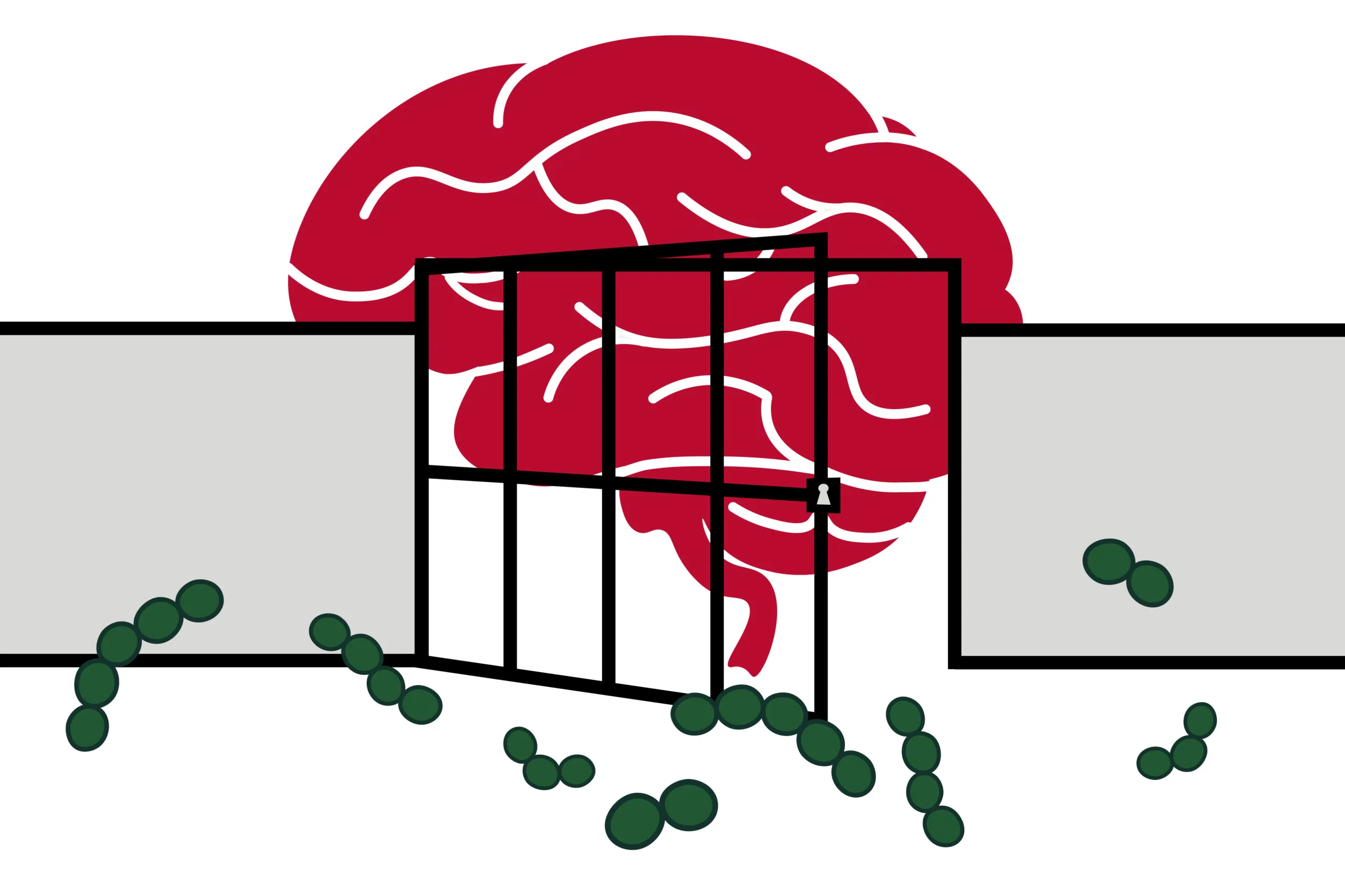Mast Cells: The Unsung Heroes Protecting Your Brain
Your brain is a precious organ, and keeping it safe from harm is a top priority. A fascinating new study from WashU Medicine has shed light on the crucial role of mast cells in defending the brain against invading pathogens. Let’s dive into this groundbreaking research and understand how these cells act as gatekeepers, ensuring a healthy and protected brain.
What are Mast Cells?
Mast cells are a type of immune cell found throughout the body, including in the brain. They are best known for their role in allergic reactions, but they also play a vital part in immune defense. These cells are strategically positioned to detect and respond to threats, releasing various substances to combat invaders.
The Brain’s First Line of Defense
The study reveals that mast cells act as a crucial first line of defense, preventing harmful pathogens from entering the brain. Here’s how they do it:
- Detection: Mast cells constantly monitor their surroundings, detecting the presence of bacteria, viruses, and other harmful substances.
- Activation: Upon detecting a threat, mast cells become activated, triggering the release of signaling molecules.
- Barrier Reinforcement: These signaling molecules help to strengthen the blood-brain barrier, a protective shield that prevents pathogens from entering the brain.
- Immune Response: Mast cells also recruit other immune cells to the site of infection, initiating a coordinated immune response to eliminate the threat.
Implications for Brain Health
This discovery has significant implications for understanding and treating various brain disorders. By understanding the role of mast cells in brain defense, researchers can develop new strategies to:
- Prevent infections from reaching the brain.
- Enhance the brain’s natural defense mechanisms.
- Treat inflammatory conditions affecting the brain.
Final Words
The WashU Medicine study highlights the remarkable ability of mast cells to protect the brain from pathogens. These unsung heroes play a critical role in maintaining brain health and preventing neurological disorders. Further research in this area could pave the way for innovative therapies to safeguard our brains and improve overall well-being.




+ There are no comments
Add yours